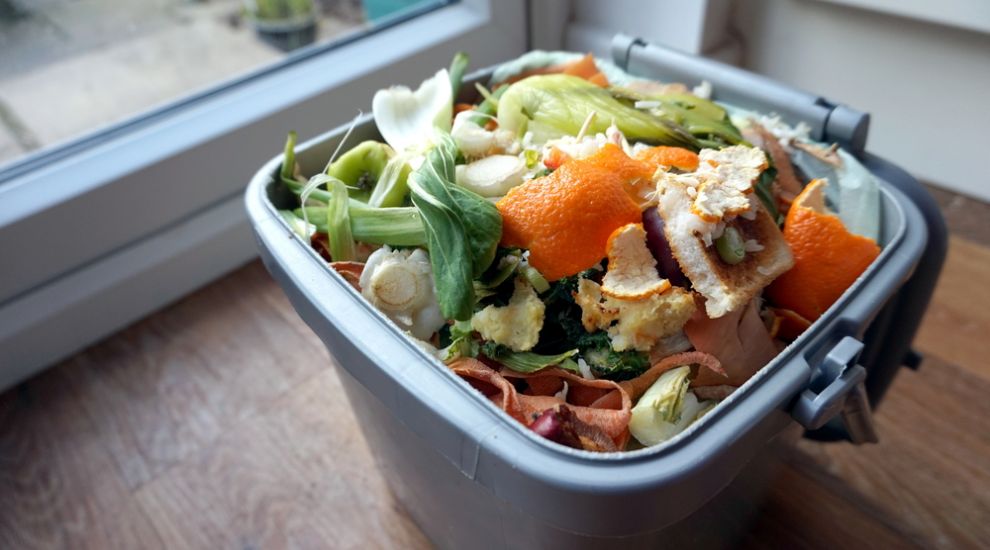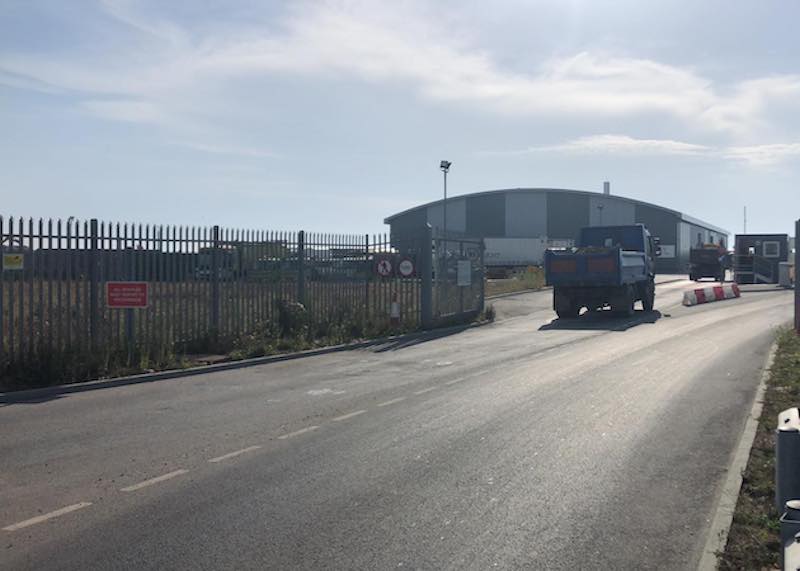


Guernsey's food waste could be processed on-island in the future, rather than being shipped to England where it is currently sent for 'anaerobic digestion'.
That process sees micro-organisms used to break down the food waste which in turn produces gas that generates heat and electricity, or vehicle fuel, along with a nitrogen rich fertiliser.
Guernsey Waste is hoping to find a local contractor to take on the service, after some expressed interest earlier this year.
The current contract with the England based processor expires at the end of next year. Any replacement operator would need to be able to process more than 5,000 tonnes of food waste collected every year from homes and businesses.
Guernsey Waste Operations Manager, Sarah Robinson said other treatment options will also be considered "if they demonstrate environmental benefits and value for money".

Pictured: Guernsey's waste is separated for local processing or shipping off island at Longue Hougue.
“Anaerobic digestion is currently widely used in the UK and elsewhere in Europe for treating food waste," she said.
"However if we have proposals for any other forms of treatment, working with our expert advisers, we will evaluate what benefits they offer. We are very open-minded at this stage.”
It's not the first time an on-island solution for food waste has been considered.
Plans to deal with it locally were shelved a number of years ago, in favour of the current export-based solution. This was mainly due to the high cost of building a facility, and also challenges with dealing with the residue from the use of anaerobic digestion locally.
Although these can be used as nutrient-rich fertilizers, their use is restricted in Guernsey due to the limited land available and the potential impact on the water catchment, and therefore require further treatment.
Miss Robinson said the processor will therefore be responsible for ensuring there are outlets for any biproducts and that they have contingencies in place in the event of any service failures.
Any solution will also have to be flexible to manage fluctuating tonnages, as Guernsey’s waste strategy is focused on prevention and reduction of waste, she said.
Comments
Comments on this story express the views of the commentator only, not Bailiwick Publishing. We are unable to guarantee the accuracy of any of those comments.